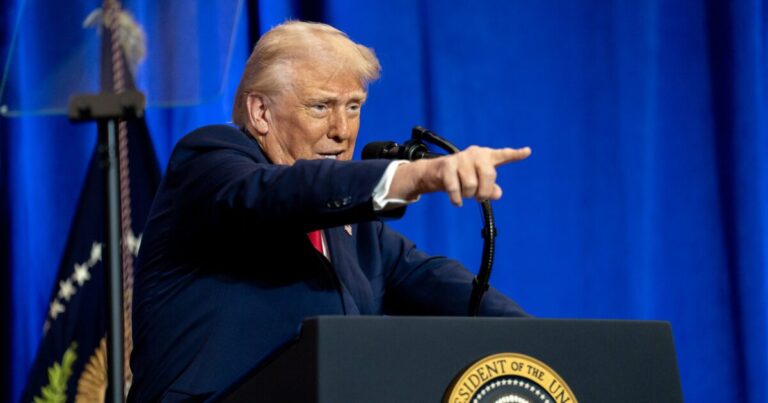Kilmar Abrego Garcia Returns to the U.S. to Face Criminal Charges: Implications for Immigration and Justice
In a significant development regarding immigration enforcement and criminal justice, Kilmar Abrego Garcia, a Salvadoran national, has been extradited to the United States to face serious criminal charges, including allegations of illegal immigrant smuggling. This operation underscores the collaborative efforts between U.S. authorities and the Salvadoran government.
Extradition and Arrest Details
- Extradition Agreement: Attorney General Pam Bondi announced that the U.S. presented an arrest warrant to the government of El Salvador, which agreed to return Garcia. She expressed gratitude towards President Nayib Bukele for facilitating the operation.
- Criminal Background: Garcia, who has been living unlawfully in Maryland for over a decade, was arrested and detained in a Salvadoran maximum-security prison in March. He is alleged to be a member of the MS-13 gang, a group labeled as a terrorist organization.
"Our government presented El Salvador with an arrest warrant, and they agreed to return him to our country," Bondi stated during a press conference, marking a notable victory for U.S. immigration enforcement.
President Trump’s Reaction
The return of Garcia has drawn comments from notable figures, including former President Donald Trump. He described Garcia as “a bad guy” and noted that the judicial process will illustrate the severity of his actions.
- Comments on Judicial System: Trump remarked, “Maybe they just said, ‘Look, all of these people, these judges, they want to try and run the country.’” He emphasized the need for decisive actions concerning criminal elements within the United States.
What This Means for U.S. Immigration Policy
The extradition raises several important issues regarding U.S. immigration policies and cooperation with international law enforcement:
1. Strengthening Legal Frameworks
This case highlights the ongoing efforts to enhance international cooperation in combatting human trafficking and illegal immigration. More stringent laws and collaboration can lead to effective outcomes.
2. Public Safety Concerns
The case emphasizes the importance of addressing gang violence and its link to illegal immigration. According to various reports, the presence of gangs like MS-13 poses significant risks to community safety and welfare.
3. Impact on Immigration Reform
The Garcia case may influence discussions on immigration reform, pushing for stronger security measures and stricter regulations to prevent unlawful entries.
External Resources
For more detailed insights on the implications of this case and the ongoing battle against gang-related crimes, check out:
This actionable extradition exemplifies a robust approach towards safeguarding national security, reiterating the significance of cooperation between the U.S. and its international partners in tackling serious crimes like smuggling and gang violence. As these narratives unfold, the broader implications for law enforcement and immigration policies will undoubtedly continue to shape public discourse.


